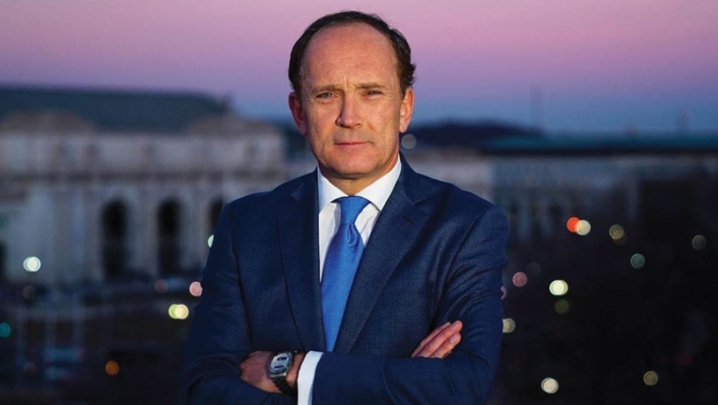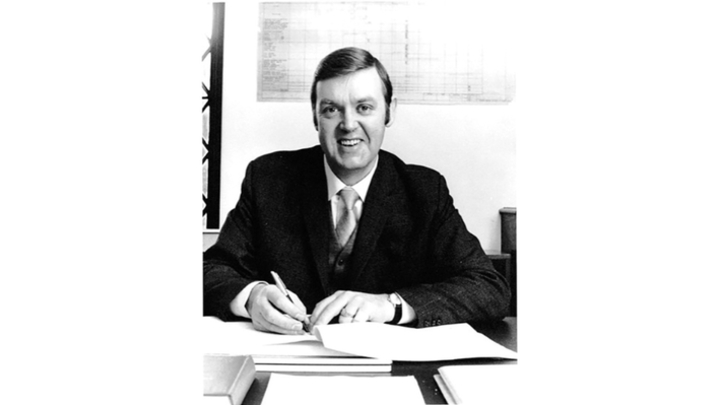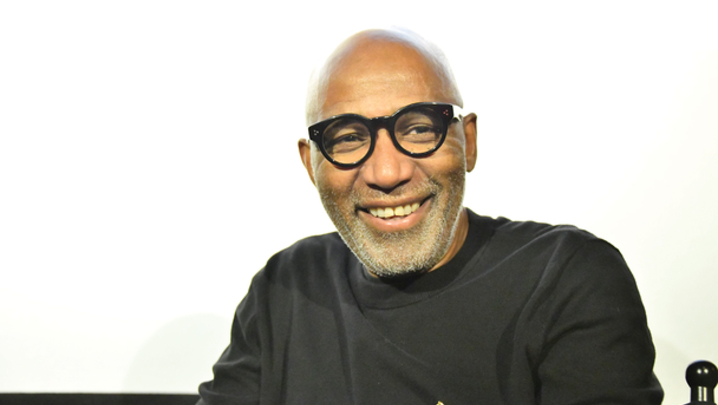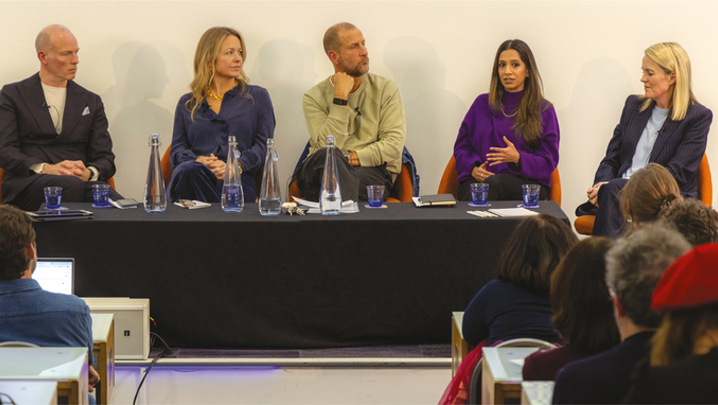STV Productions’ programme roster has benefited from a serious commitment to the three Rs, says Alan Clements
I am delighted to be the Executive Producer of the RTS London Conference on 9 September, which my boss, Rob Woodward, is chairing. The stellar line-up of guests is testament to the hard work, and brilliant contacts, of the organising committee and I hope you all come to enjoy their expertise and experience in person.
There are great sessions with international luminaries such as Chase Carey from Fox and JB Perrette from Discovery, and debates on the ownership of IP and the future of the BBC.
And, of course, closer to home, a timely debate on the implications of the referendum on Scottish independence, both for how modern political campaigns are fought and how the UK’s media might be shaped.
Perhaps most intriguingly, we have a session on the extraordinary wave of deals that has washed over the sector this year. It stars Kevin Lygo, who has driven the rapid growth of ITV Studios, Lorraine Heggessey, formerly of Boom, a major indie consolidator, and Jim Ryan, the Chief Strategy Officer of Liberty Global, which has just bought into ITV.
However, working with such extraordinary talent and getting your head around deals counted in the billions rather than the millions really focuses the mind on the day job: the future for a medium-sized indie such as STV Productions.
Writer William Goldman’s quote about the movie business – “Nobody knows anything” – could easily have been penned for the TV production business.
What producer hasn’t been told that Saturday-night family entertainment is dead, or that no one is interested in gypsies? So, what should we believe in?
Since I joined STV six years ago, my ambition has been to create a production company that super-serves our Scottish consumers, is competitive with our UK peers and is able to forge international partnerships.
Being fond of a metaphor, I sought an appropriate guiding vision. I tried nautical, with lots of “choppy seas” and “seeking of ports”.
Next up was military, with the “opening of new fronts” and “launching offensives”.
There was even an ill-judged dating one that involved “getting to first base” and being invited to the party but not yet taken home by anyone.
“Rights, returnability and reputation”
Mercifully, I settled on an education image – the three Rs. Luckily, this is not “reading, writing and arithmetic”, especially given the number of arts graduates in the business, but “rights, returnability and reputation”.
If a show doesn’t have two of the three Rs, then I don’t think we should be doing it. Let me give you some examples. Catchphrase is fantastic for our reputation and wonderfully returnable, but the IP is owned by the legendary Hollywood producer, Marty Pasetta, who also ran the Oscars for years.
Fire in the Night, our moving feature documentary on the Piper Alpha disaster, won a clutch of awards and we co-own the rights.
But it is also “returnable” in the sense that it gets us into the high-end documentary market. And then there is the motherlode – the joyous format, Antiques Road Trip – which successfully captures all three.
Regardless of the result of the independence referendum on 18 September, I think these qualities will always be a useful guide for any Scottish company seeking to succeed in the international market. Business is business.
So how would the report card read? There has certainly been progress. We have gone from having one product for one broadcaster – Taggart for ITV – to having lots of new genres for lots of new customers, from Tutankhamun and The Link on BBC One to Britain’s Worst Roads on Channel 5.
With apologies to William Goldman, the one thing TV producers do know for sure is that the report card’s verdict, even if “showing good progress”, will always be “must try harder”.
Alan Clements is Director of Content at STV Productions.







